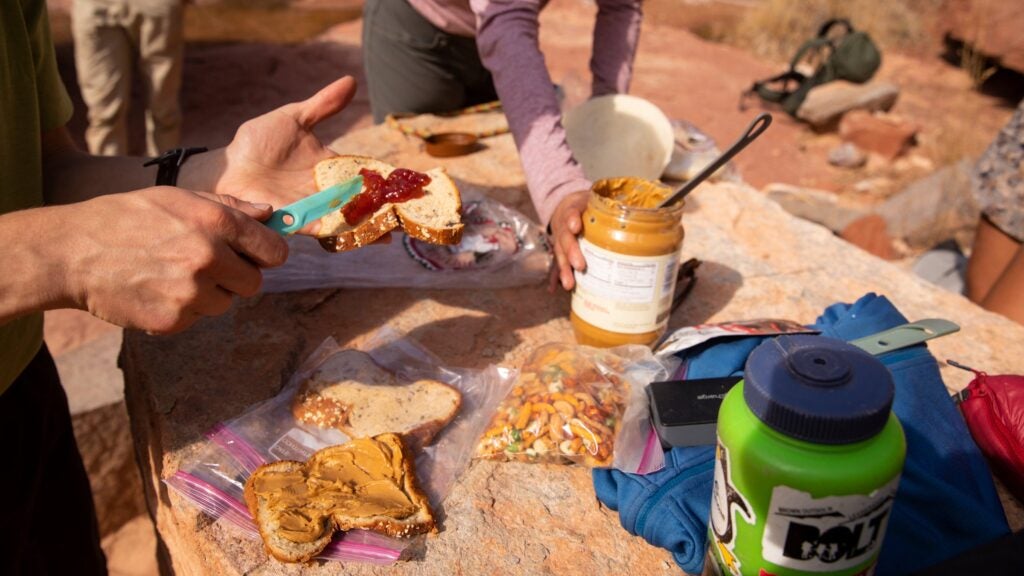Healthy Eating on the Trail: A Balanced Approach to Nutrition
When embarking on a hiking adventure, the question of what to eat often comes into play. Many enthusiasts find themselves torn between the convenience of quick snacks and the need for nutrition. It’s not uncommon for hikers to indulge in sugary treats and instant noodles. As we grow older, the importance of eating healthier on the trail becomes more apparent, particularly with health conditions like hypertension entering our vocabularies. This article explores a balanced approach to hiking nutrition, helping you find a compromise between convenience and health.
The Basics of Hiking Nutrition
Navigating the world of hiking nutrition can seem daunting, given the myriad of options available today—from organic foods to processed snacks. However, maintaining a simple yet effective diet while hiking is entirely achievable. Essential tips include focusing on pre-hike preparations, prioritizing electrolyte intake, and never missing breakfast. For a comprehensive guide on nutrition basics, consider exploring resources specifically focused on outdoor dietary recommendations.
The Impact of Poor Nutrition
A poor diet can have immediate and long-term effects on your hiking experience. Symptoms such as fatigue, muscle cramps, and digestive issues can arise if your nutrition is lacking. For extended hikes, particularly those spanning two weeks or longer, it’s crucial to monitor your nutrient intake closely. Engaging with resources from qualified dietitians can provide insights into how the food you pack can either hinder or enhance your hiking performance.
Busting Myths in Nutrition
Nutritional misinformation is rampant, with many conflicting sources available on the internet. Learning to distinguish between scientifically backed information and misleading advice is essential. Resources like Corey Buhay’s round-up on hiking nutrition provide clear insights into what truly matters in your diet and help dispel common myths surrounding hiking food.
Evaluating Hiking Snacks
When preparing for a hike, the practicality of our food choices can lead to compromises. Few hikers carry fresh fruits and vegetables due to their bulk and perishability. Hence, prioritizing calorie-dense foods often means relying on processed options. To make informed decisions, consider consulting nutrition experts who can evaluate how popular hiking snacks like instant ramen and granola bars stack up nutritionally. Discovering healthier alternatives can significantly impact your energy levels on the trail.
Importance of Protein in Your Diet
Protein is a cornerstone of any hiking diet, particularly if you’re looking to enhance your physical conditioning. It plays a vital role in muscle recovery and sustaining energy throughout your journey. While protein bars are a popular choice, there are numerous affordable and flavorful alternatives to consider for meeting your protein needs. Exploring options that combine taste with efficiency will drastically improve your hiking experiences.
Conclusion: Planning for Healthy Hiking Adventures
As you prepare for your next hiking trip, remember that nutrition plays a significant role in both your performance and overall experience. By prioritizing a balanced diet, focusing on essential nutrients, and debunking common myths, you can elevate your hiking adventures. For comprehensive information and resources on healthy hiking nutrition, visit sites dedicated to outdoor lifestyle information. Embracing this knowledge will not only enhance your health but also allow you to enjoy the beauty of the trails with renewed energy.
